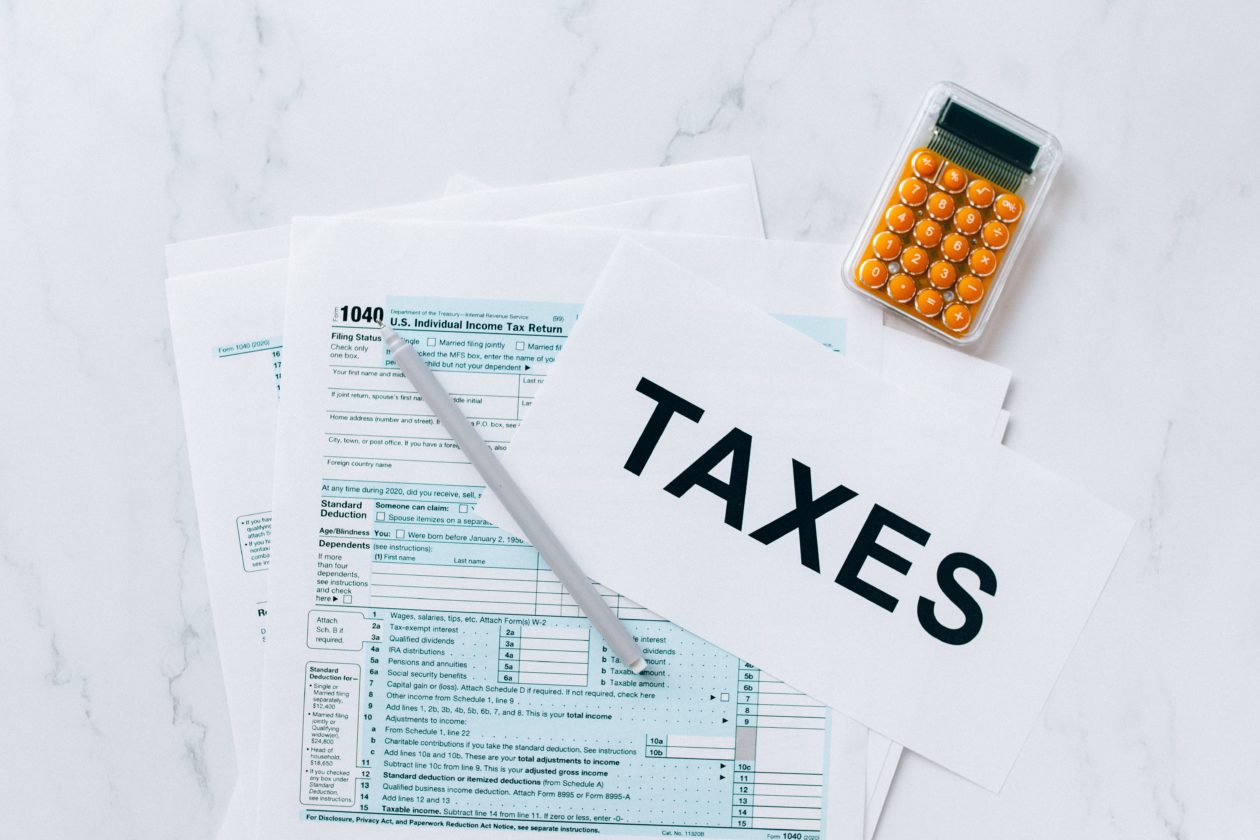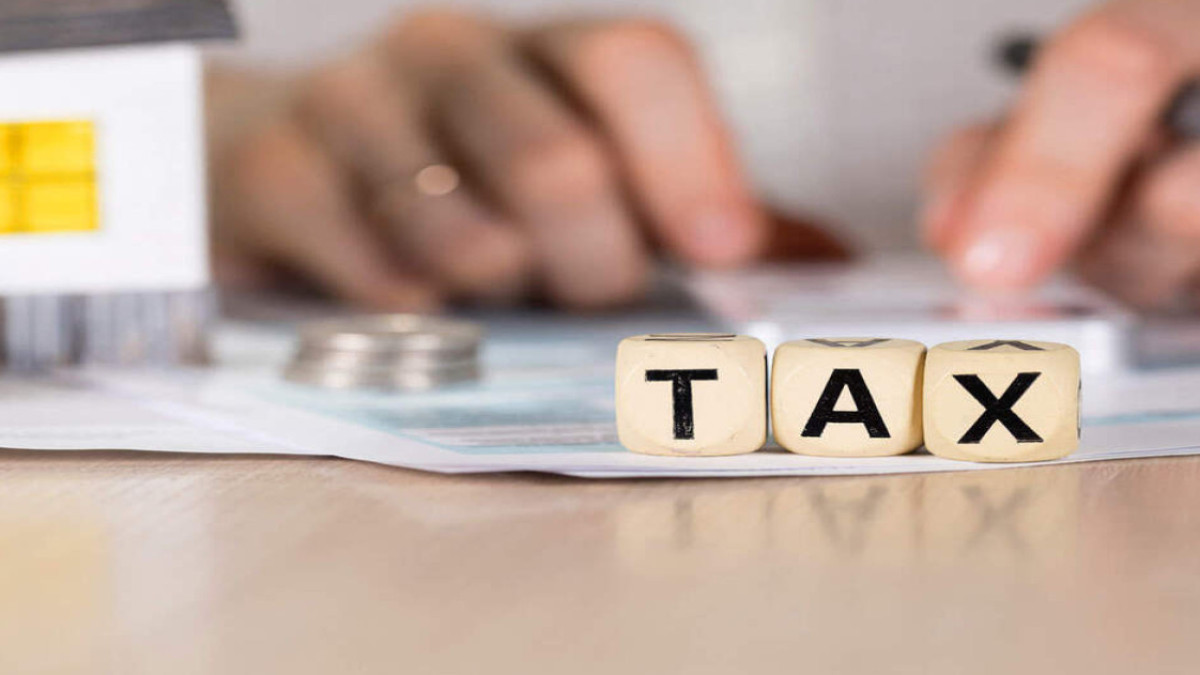Crypto Trader Tax is a new form of taxation levied on cryptocurrency transactions. It’s a little like the capital gains tax, but instead of taxing money earned, this tax targets profits made by traders.
Tax is a fee that the government charges to the taxpayer to cover the cost of running the government. Are you interested in learning about cryptocurrency trading tax? If you are, then this article is for you.
The basic premise behind Crypto Trader Tax is that it can replace a traditional investment portfolio with a portfolio of cryptocurrencies.
Crypto Trader Tax offers a completely new way to invest in cryptocurrency. Instead of buying individual coins, Crypto Trader Tax provides a portfolio that can track the market and automatically rebalance itself.
Unlike traditional investments, Crypto Trader Tax uses blockchain technology to ensure your money is safe, secure, and untouchable.
I will show you everything you need to know about crypto trading tax.

What is Crypto Trader Tax?
Crypto trader tax is becoming more of a thing because it’s not easy to track how much profit you make. You have to keep careful records of every transaction you make and every transaction you receive.
This makes it hard to figure out how much money you earn.
A cryptocurrency is a digital currency that’s been around for a while but has only recently gained popularity. It’s also the hottest new trend in online investing and trading.
This is why it’s important to understand how this works. There are many different cryptocurrencies, some are much more successful than others.
However, it cannot be very clear to know where to start.
If you’re interested in learning more, I recommend starting with the basics and checking out the following resources:
How does it work?
I found out about this opportunity on a Reddit post. The person who posted it was trying to get feedback on his idea, and he asked if anyone else would be interested in participating. I thought it was an interesting concept, and since I’ve been working to make extra money online, I decided to try it.
So far, I’ve earned $2,000 in just over a month. But that’s not where it ends. I hope to build an audience and eventually make a full-time income.
The main problem with the Crypto Trader Tax is that you need to make a ton of sales even to make any profit.

What are the benefits?
Crypto Trader Tax is a cryptocurrency trade tax passed by the U.S. House of Representatives on December 11th, 2017.
The Crypto Trader Tax is an additional tax added to each trade. This can vary from 15% to 60%, depending on the type of cryptocurrency being traded, the exchange rate, and how quickly the work is completed.
Taxes are always an issue when trading in cryptocurrency, but this new tax will add another layer of complexity.
In 2017, we saw an unprecedented surge in the popularity of digital currencies. We have not seen anything like this since the stock market crash 2008. There was a need to introduce new regulations around cryptocurrency trading.
Cryptocurrency is no longer a niche currency. It has become a mainstream currency that is used by millions of people.
When should you use it?
As crypto traders, we must pay taxes on any capital gains we make from crypto trading. Now, if you’re looking to make money online, you may already know how to track profits and losses. But if you’re like most people, you probably have to pay someone else.
With CTT, however, we must pay taxes on our crypto gains before they become taxable since they are considered a “straddle” or holding period.
If you made a crypto trade during a specific period, you must calculate the net amount of crypto you purchased and sold in the same period.
For example, let’s say you purchased $1,000 worth of BTC for $7,000 and sold it for $6,500. This would be considered a $1,000 capital gain and thus taxed.

Frequently Asked Questions (FAQs)
Q: I’ve been following the news about the crypto trader tax. What is it?
A: It is a crypto version of what happens with regular traders. Crypto traders have to pay taxes like anyone else. For example, if you own a common stock, you pay capital gains tax on your profits. This is similar to a crypto trader. You would pay taxes when you make money and are paid in crypto.
Q: What kind of taxes should a person pay for a crypto trader tax?
A: There are different levels of taxation depending on how much money you earn. For instance, if you are a high earner, you may have to pay more than a normal trader.
Q: How does crypto trader tax work?
A: Crypto Trader Tax is a tax solution for crypto traders who want to protect themselves from the government. Crypto Trader Tax is the only crypto-specific tax solution out there, making it easier than ever to get crypto tax-free.
Q: Why should I use Crypto Trader Tax?
A: Cryptocurrency trading is a high-risk activity, and in some jurisdictions, such as the United States, the IRS may be looking to collect income taxes on crypto gains. Crypto Trader Tax protects traders from this risk and removes their need to pay capital gains taxes when they sell crypto on exchanges.
Q: How does Crypto Trader Tax work?
A: Crypto Trader Tax allows traders to set the minimum amount of crypto they want to sell on any given day, and the site will automatically buy and sell for them based on market conditions.
Myths About Crypto
1. You need a lot of money to get started.
2. The tax is so high it will bankrupt you.
3. I can get a credit card with no annual fee.
Conclusion
Crypto trader tax is a new type of cryptocurrency tax implemented last year. It’s designed to take advantage of the benefits of cryptocurrency while avoiding the disadvantages.
It’s a form of crypto taxation that aims to reduce the costs associated with mining cryptocurrencies and eliminate the ability of cryptocurrencies to be used for criminal activities.












